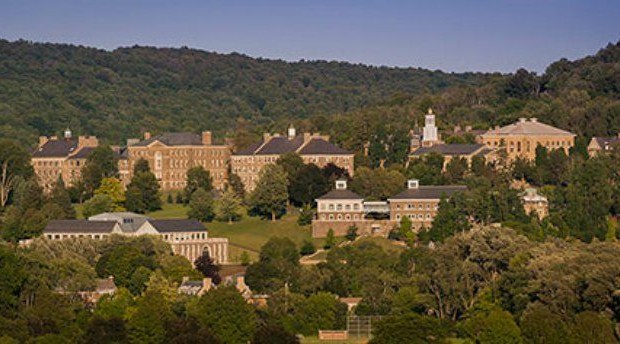PhDs Reduced to Being On Welfare
Post Views 7
However, an amazing statistic has come out of a report in the Chronicle of Higher Education that shows that the number of people with graduate degrees, ‘master’s degrees and doctorates’, are amongst the hardest hit. The number of those with such high educational qualifications, who have had to apply for food stamps and other federal assistance, has increased three times between 2007 and 2010.
The report says that 360,000 American with graduate degrees received one kind or another of public assistance. That is an remarkably big portion of the 22 million Americans with graduate degrees.
In a program Tell Me More, the Chronicle reporter Stacey Patton, speaking to Michel Martin, explained why there is an increased dependence of highly educated Americans on this type of aid.
Patton says that there is an overlap between graduate students and adjunct professors in Universities. These professors are used as workers on contracts, preferred over the tenured workers, as they are willing to work part time, which means lesser costs in salaries and they are not entitled to health benefits. When their services are not required, unlike tenured workers, they can be asked to relinquish their jobs, without fear of any reprisals or demands of getting their contracts renewed.
Patton added, “What we continue to do in graduate schools is encourage people to take master’s degrees and Ph.D.s [to fill those positions]. But the economy has taken such a hit, and so has higher education, so they do their work and come out and don’t have opportunities for jobs.”
Universities defend their preference of contract faculty over full-time faculty, saying that the cut in state budgets for higher education leaves them with little choice but to employ such money saving methods.
Tony Yang, who did his doctoral thesis in history from the University of California, Riverside in 2009, says that “One of the bravest things to do is to graduate into [the recession]. It’s an incredibly difficult job market, and you’re constantly hustling to try and get another job.”
He says at his best he made about $32,000 a year and the least he made was $10,000. It is a wrong perception, he says, that if you have a doctorate, you automatically walk into a high-paying job. “I have the prestige of holding a Ph.D., but that isn’t paying the bills,” he says.
With his job as lecturer in history being inconsistent he has had to depend on unemployment and food stamps to get by.
Patton says that she came across many others with similar stories, who preferred not to go on record, for fear of shame and the social stigma that it carries.
“You go to graduate school, you get a master’s degree [or] you get a Ph.D., it’s a hard thing to embrace that you’re also now on welfare,” she says.
Patton says, what is more worrying, than the little more than 1 percent graduate-degree holders on government assistance, is that their number has trebled over the years.”One has to wonder, is this trend going to continue to increase?” she says.
PhDs Reduced to Being On Welfare by Harrison Barnes


 Best and Worst States for Teachers to Teach
Best and Worst States for Teachers to Teach  10 Jobs with the Fastest Growing Salary in 2017
10 Jobs with the Fastest Growing Salary in 2017  Top Five Reasons Talented Employees Quit
Top Five Reasons Talented Employees Quit  Top 10 Universities to Produce Hedge Fund Workers
Top 10 Universities to Produce Hedge Fund Workers  Job Growth Expected in West Michigan Through 2015
Job Growth Expected in West Michigan Through 2015  San Diego County Back to Full Employment
San Diego County Back to Full Employment